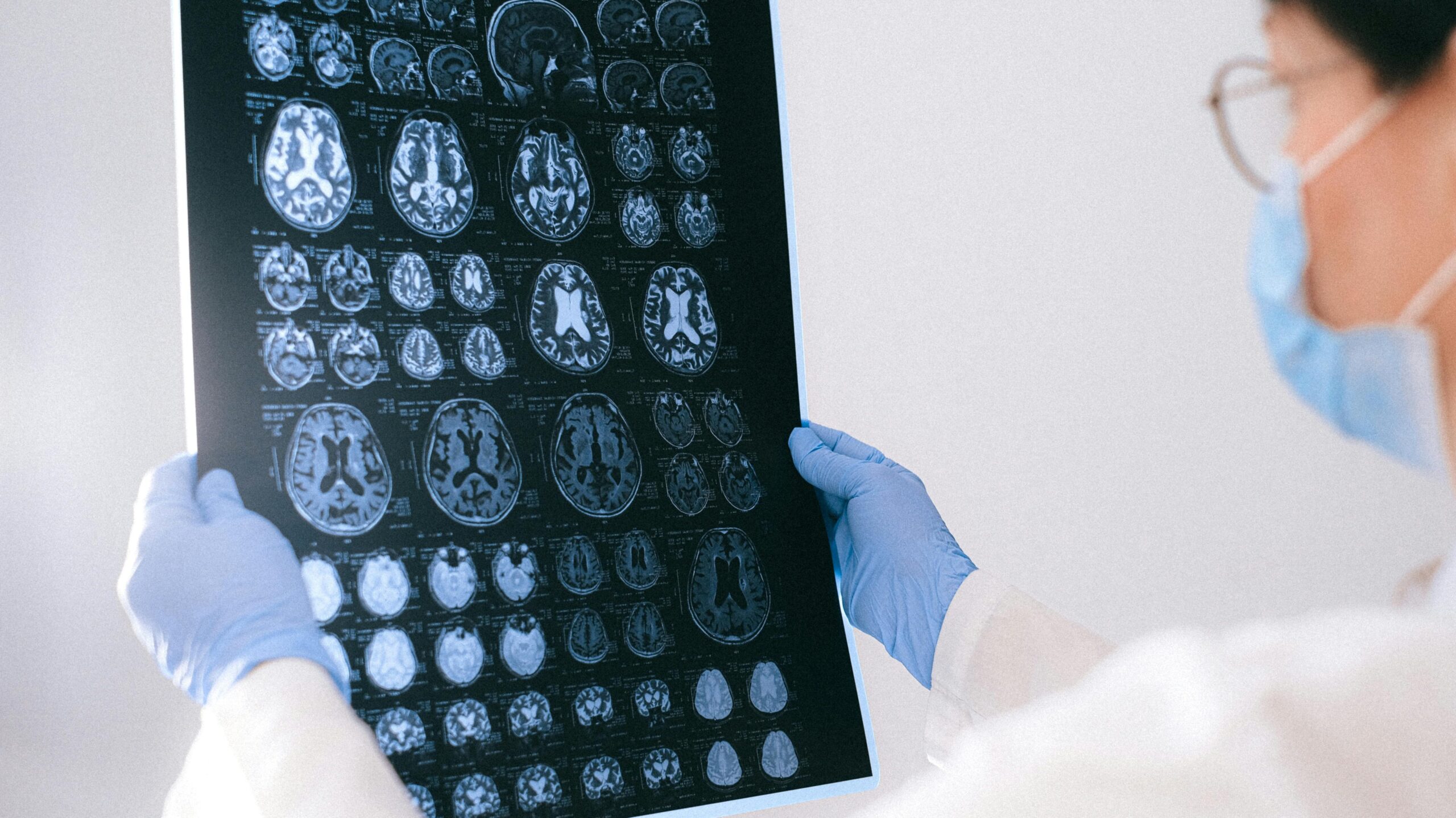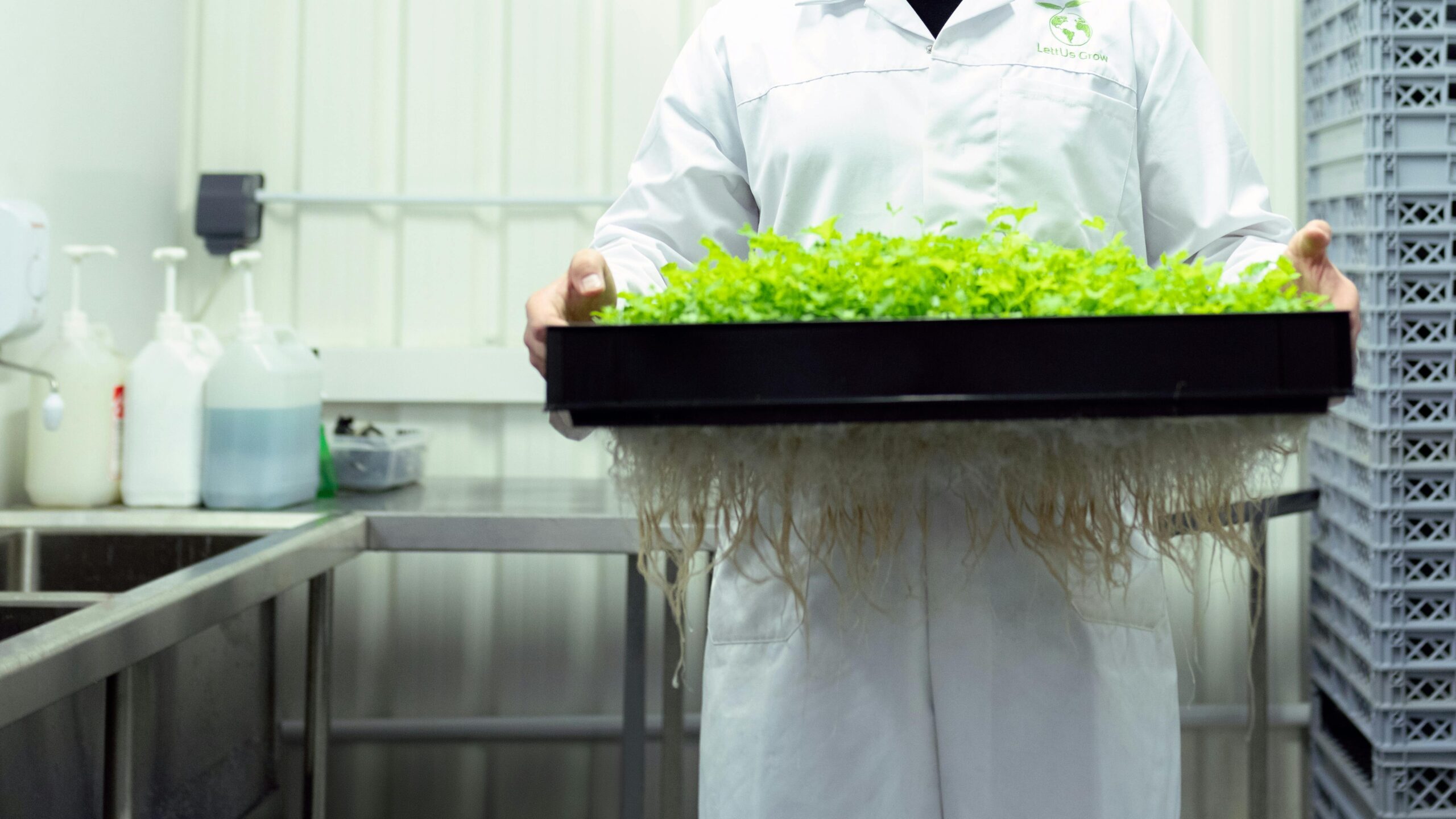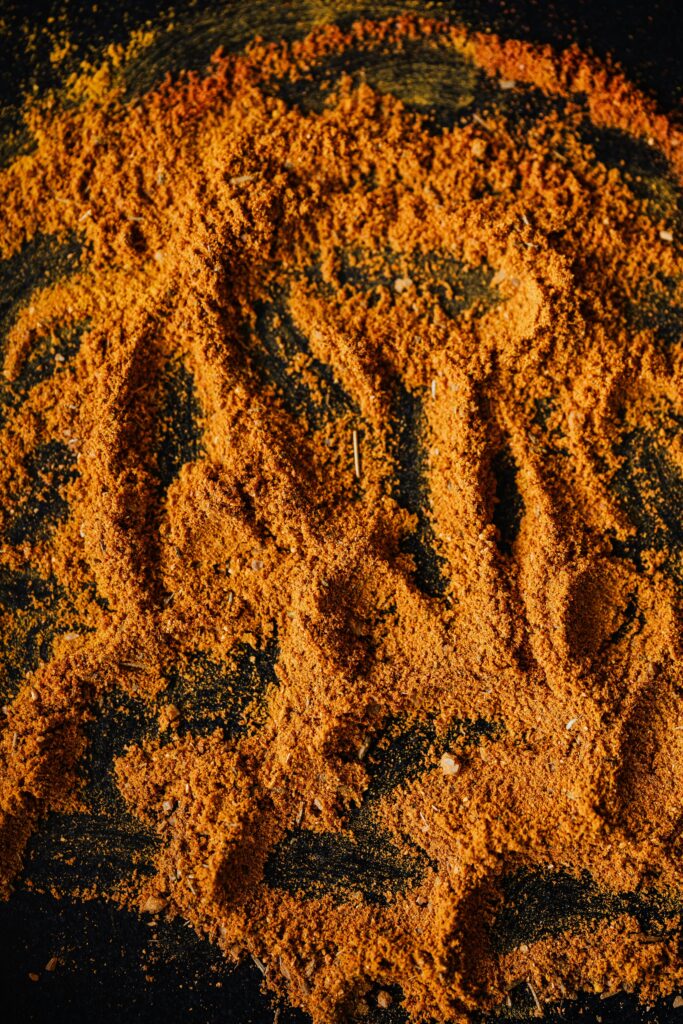
Forget Memory Lapses? Ginkgo Biloba Might Be Your Brain’s Best Friend!
Ginkgo Biloba: Spark Your Brain with Nature’s Nootropic
Imagine a tree that’s outlived dinosaurs, its fan-shaped leaves whispering ancient secrets of health and vitality. Ginkgo biloba, the world’s oldest living tree species, has been a cornerstone of Chinese medicine for over 2,000 years, prized for boosting circulation and sharpening cognition.
Now a top-selling supplement globally, it’s marketed as a brain-boosting wonder. But does the science match the hype? Let’s dive into the evidence-based benefits, practical uses, and safety considerations of this remarkable herb, exploring its potential for dementia, inflammation, heart health, and beyond.

Boosting Brain Power
Ginkgo’s standout benefit is its role in brain health. By enhancing blood flow to the brain, it may alleviate symptoms of dementia, such as memory loss, confusion, and difficulty concentrating. Its active compounds—flavonoids and terpenoids—act as potent antioxidants, shielding neurons from oxidative stress and damage caused by free radicals.
Clinical studies show modest improvements in mild cognitive impairment, particularly in early-stage Alzheimer’s patients, with some trials reporting better memory and attention. Ginkgo has also been explored as an adjunct therapy for schizophrenia, showing promise in reducing symptoms when paired with standard treatments. Beyond cognition, it may ease anxiety and depression by modulating neurotransmitter activity, offering a natural option for mood support.

For those plagued by tinnitus (ringing in the ears), Ginkgo may reduce severity, likely due to improved microcirculation. Eye health also benefits, with studies suggesting it protects against glaucoma by enhancing blood flow to the optic nerve.
But Ginkgo’s powers extend beyond the brain. For those with peripheral artery disease, it reduces pain during walking (claudication) by improving blood flow to the limbs. Its cardiovascular benefits include better hemodynamics and organ perfusion, making it a heart-health ally by lowering blood pressure and improving circulation. Emerging research highlights its anticancer, antidiabetic, and antiobesity properties, with flavonoids inhibiting tumor growth in preclinical models and improving insulin sensitivity. In healthy elderly individuals, Ginkgo might slow cognitive decline, though results are inconsistent, with some studies showing no significant benefit in those without cognitive impairment. It also shows potential in reducing inflammation-related conditions, such as arthritis, by decreasing pro-inflammatory cytokines.
How to Use Ginkgo
How can you harness Ginkgo’s potential? Standardized extracts like EGb 761 are the gold standard, delivering consistent doses of active compounds. Take 120-240 mg daily in divided doses for cognitive or circulatory benefits. Ginkgo tea, made from dried leaves, is a milder option but less potent due to lower concentrations of active ingredients.
For skin issues like minor wounds or inflammation, topical Ginkgo creams can promote healing. To maximize benefits, pair Ginkgo with a healthy lifestyle—regular exercise, a balanced diet rich in antioxidants, and mental stimulation like puzzles can amplify its effects.
Safety First: What to Know
However, Ginkgo isn’t a miracle cure. Evidence for its efficacy in healthy individuals is mixed, with some studies showing minimal cognitive benefits in those without impairment. Side effects, though rare, include headaches, dizziness, or gastrointestinal upset. It can also increase bleeding risk, so avoid it if you’re on anticoagulants like warfarin or aspirin, or if you’re pregnant, as it may affect blood clotting. Drug interactions are a concern—Ginkgo may reduce the effectiveness of certain medications, like anticonvulsants, or enhance the effects of antidepressants, risking serotonin syndrome. Always consult a healthcare provider before starting, especially if you have underlying conditions or are on medications.

Why Ginkgo Matters
Ginkgo biloba bridges ancient wisdom and modern science, offering a natural nootropic for mental sharpness and overall wellness. Its rich history, from traditional Chinese remedies to cutting-edge research, makes it a fascinating ally for brain and body health. Whether you’re battling brain fog, seeking circulatory support, or simply curious about nature’s remedies, Ginkgo could be worth exploring.
Choose high-quality, standardized products, start with a low dose, and monitor your response. With mindful use and a holistic approach, this ancient leaf might just become your brain’s best friend.
Disclaimer: Always consult a doctor before using herbs for health.



